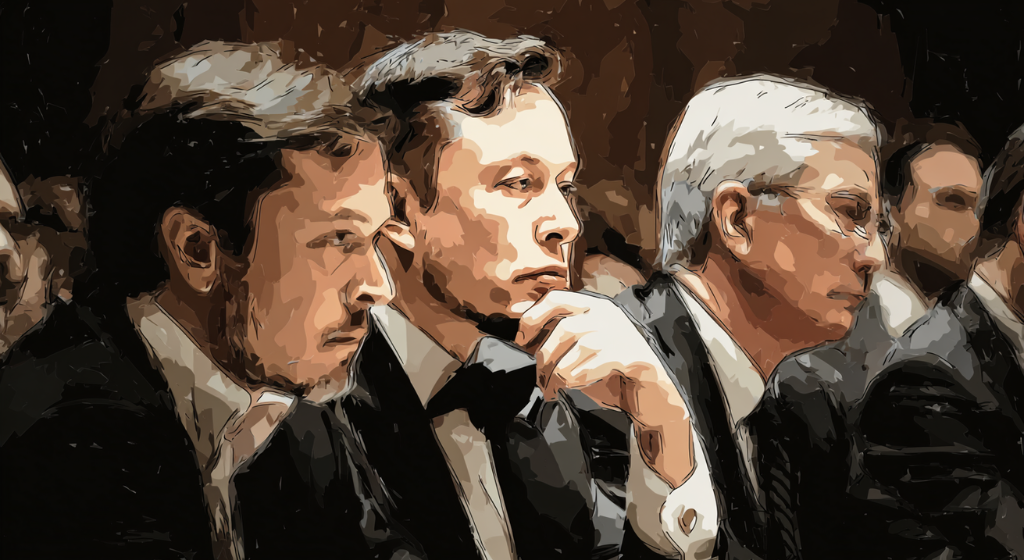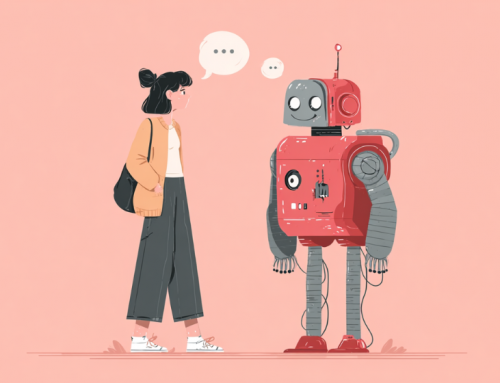
Elon Musk’s xAI has sued Apple and OpenAI in Texas, accusing them of conspiring to monopolize AI through exclusive ChatGPT integration on Apple devices—a case that could set a precedent for how U.S. courts define antitrust boundaries in the emerging AI industry. (Source: Image by RR)
Experts Say Case Could Shape How Antitrust Laws Apply to Artificial Intelligence
Elon Musk’s artificial intelligence startup xAI has filed a federal lawsuit against Apple and OpenAI, accusing the two companies of conspiring to stifle competition in the AI market. The complaint, filed in Texas, alleges that Apple’s exclusive integration of OpenAI’s ChatGPT into iPhones, iPads and Macs effectively locks out rivals like Musk’s Grok chatbot. xAI is seeking billions of dollars in damages, arguing that Apple’s partnership prevents fair competition in app distribution and visibility on the App Store.
The lawsuit, as noted in reuters.com, claims Apple has deliberately excluded xAI’s products from high-profile App Store placements despite strong user reviews. Musk echoed this point on his social platform X, posting: “A million reviews with 4.9 average for @Grok and still Apple refuses to mention Grok on any lists.” He had previously threatened to sue Apple, saying its conduct made it “impossible for any AI company besides OpenAI to reach #1 in the App Store.” OpenAI dismissed the filing as part of Musk’s “ongoing pattern of harassment,” while Apple has not yet commented.
Legal experts say the case could become a landmark in defining antitrust boundaries for AI. Apple’s dominant position in the smartphone market may strengthen xAI’s claims that it is illegally tying iPhone sales to OpenAI’s ChatGPT integration. However, Apple is likely to counter that the deal was a legitimate business decision in a competitive field, and that it has no obligation to give rivals prominence in its ecosystem. Security and operational justifications for integrating ChatGPT directly into its operating system may also form part of Apple’s defense.
Beyond this case, the lawsuit underscores intensifying battles over AI market power. Musk is separately suing OpenAI and CEO Sam Altman in California over the company’s shift from nonprofit to for-profit status. Meanwhile, Apple continues to face other antitrust challenges, including an ongoing case brought by Epic Games over App Store payment practices. Observers note that Musk’s case could be “a canary in the coal mine,” testing how U.S. courts define the AI market and apply antitrust law in an industry still taking shape.
read more at reuters.com







Leave A Comment